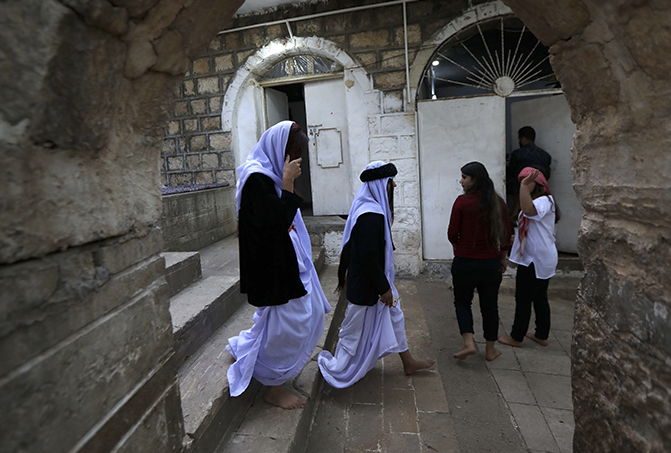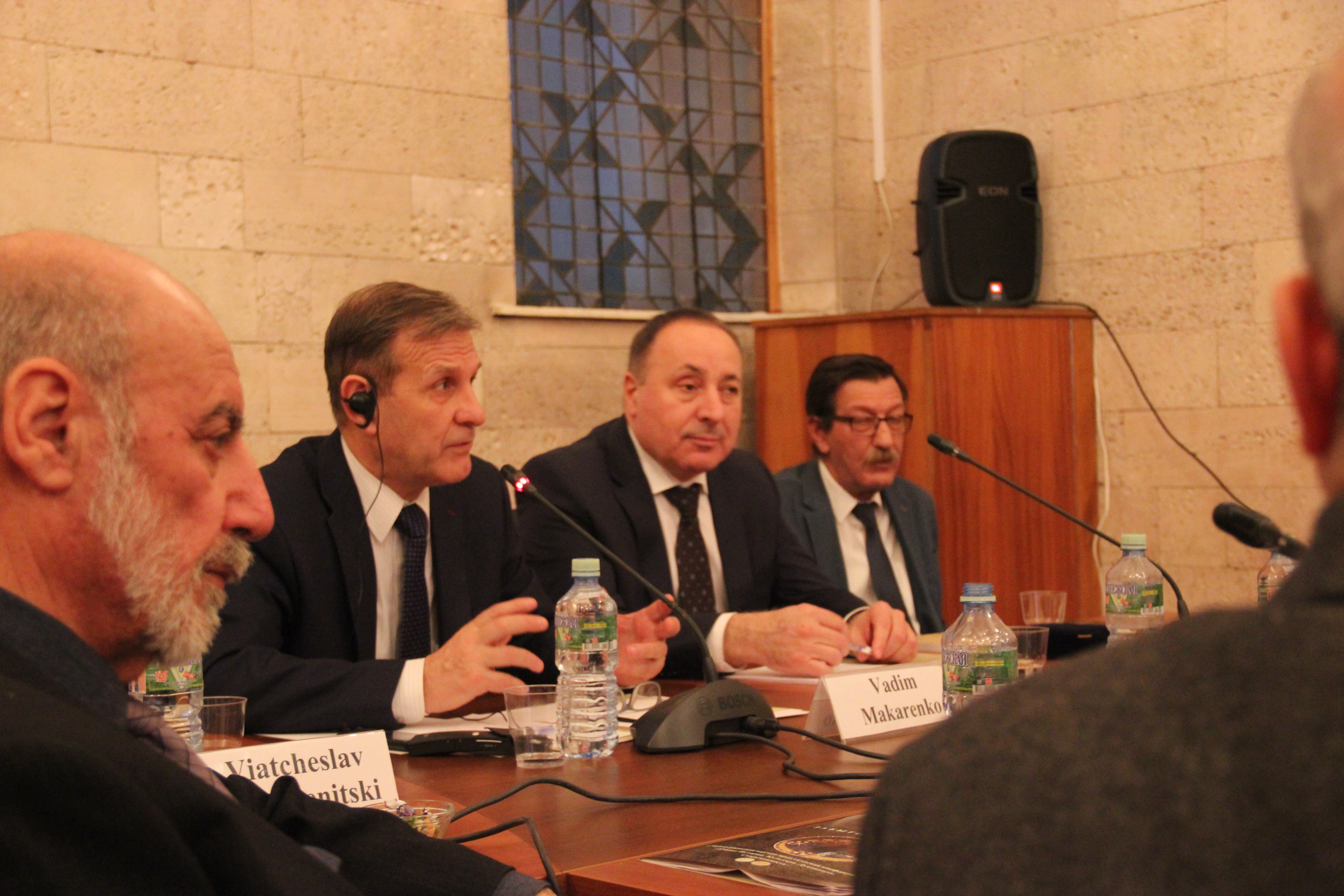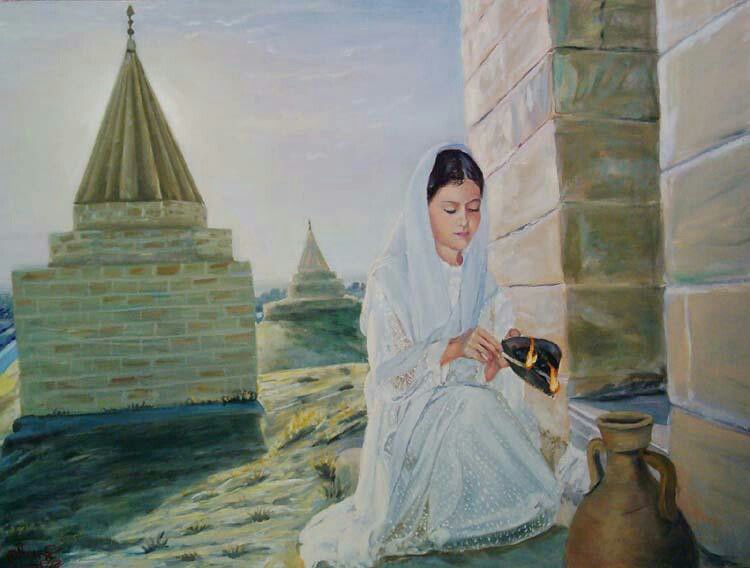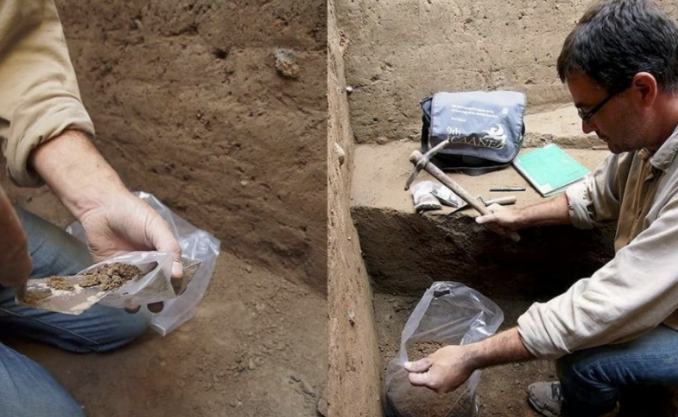Articles
American Storyteller Helping Preserve Kurdish Tales
Amy Guttman / 6 января 2014 года
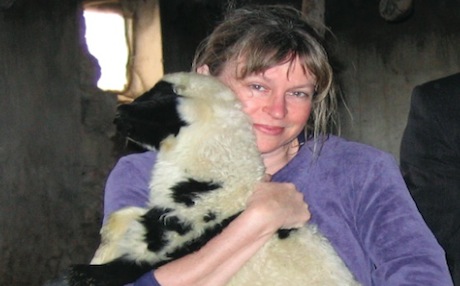
In southeast Turkey, in some of Kurdistan's oldest villages, time-honored tales of warriors, heroes and princesses are at risk of being lost forever. Legends like the one about the Herculean Rostem-e-Zal have been around for centuries, but aren't widely known outside small communities.
A ban in Turkey preventing Kurds from reading or writing their own language was only lifted in 1992 and has put the Kurdish storytelling tradition at risk. As the elder Kurds who once told the stories pass away, and without new generations of Kurdish speakers and readers, fables like Shahmaran -- half snake, half woman -- will disappear.
American Diane Edgecomb is working to preserve these rich, vivid tales through an oral history project. Edgecomb, an author and master storyteller based in Boston, tours the US, performing at schools, universities and festivals and has even woven her own stories. Her interest in the Kurdish culture began in 1999, while accompanying a colleague on a project in Italy.
When Kurdish refugees began arriving in Tuscany, Edgecomb says she found herself drawn to them, and their culture.
“I didn’t set out to gather Kurdish folk tales. I was so taken by their honesty... despite their struggles, they had such fire and integrity and a passion for life.”
She began raising awareness of their situation in Turkey and lent her support to the Kurdish diaspora in Boston. Edgecomb told Rudaw her own background inspired her to learn more about Kurdish folklore.
“Because I’m a storyteller, I asked about their stories and every time I asked someone, they would become quiet and say, with such feeling, ‘our stories are beautiful, they are better than any movie.’”
But, Edgecomb says, when she asked immigrants to retell the ancient tales, they couldn’t. That’s when Edgecomb began gathering stories from within Boston’s Kurdish community, and later from Kurds in the hills of Turkey.
She first visited Turkish Kurdistan in 2002 and, aided by interpreters, has been back several times to record stories there.
“With my translator, we would talk about the plot of each story and then decide which ones had the most interest, or was most representative of Kurdish culture.”
The stories would go on for days. One villager told Edgecomb how he’d fall asleep and wake up hours later to find the storyteller still telling the tale.
Collating a collection of stories from different dialects and areas, in 2008 Edgecomb published A Fire in My Heart: Kurdish Tales. She’s also incorporated Kurdish folktales into her performances; still, her work isn’t finished.
“There are two or three important storytellers who need to be documented. It’s difficult for me to meet with them without bringing them under suspicion.”
Edgecomb is raising funds to purchase equipment for local members of the community to gather stories. Eventually, she hopes the Kurds will take over the project as a way of preserving and continuing their own traditions.
“My fear is that, as electricity and television come to the remote villages, their culture will fade. That’s why I want to inspire Kurds to record any storyteller they meet, to learn the dances and to hold on to the legends.”
Источник: rudaw.net


